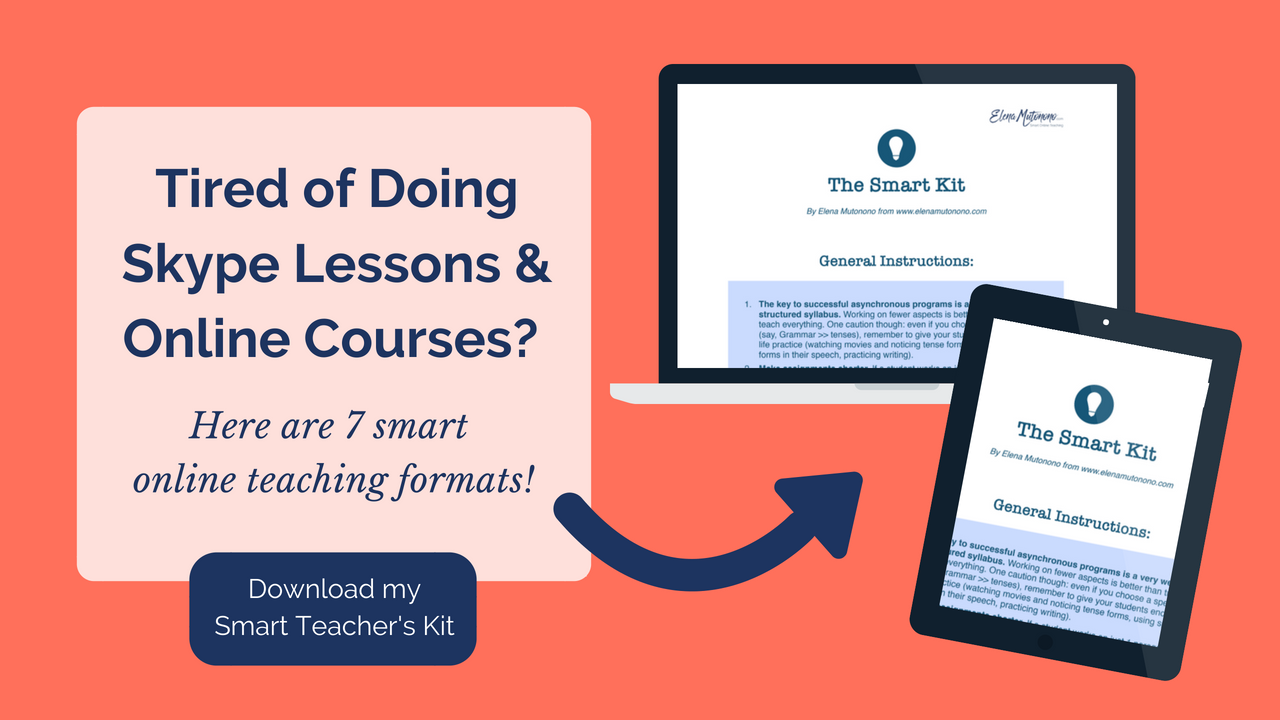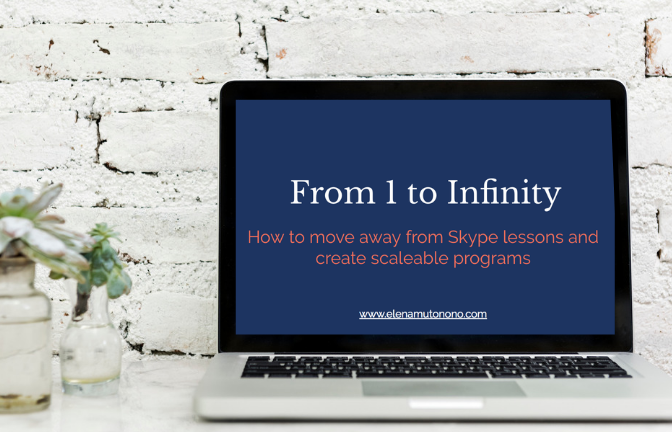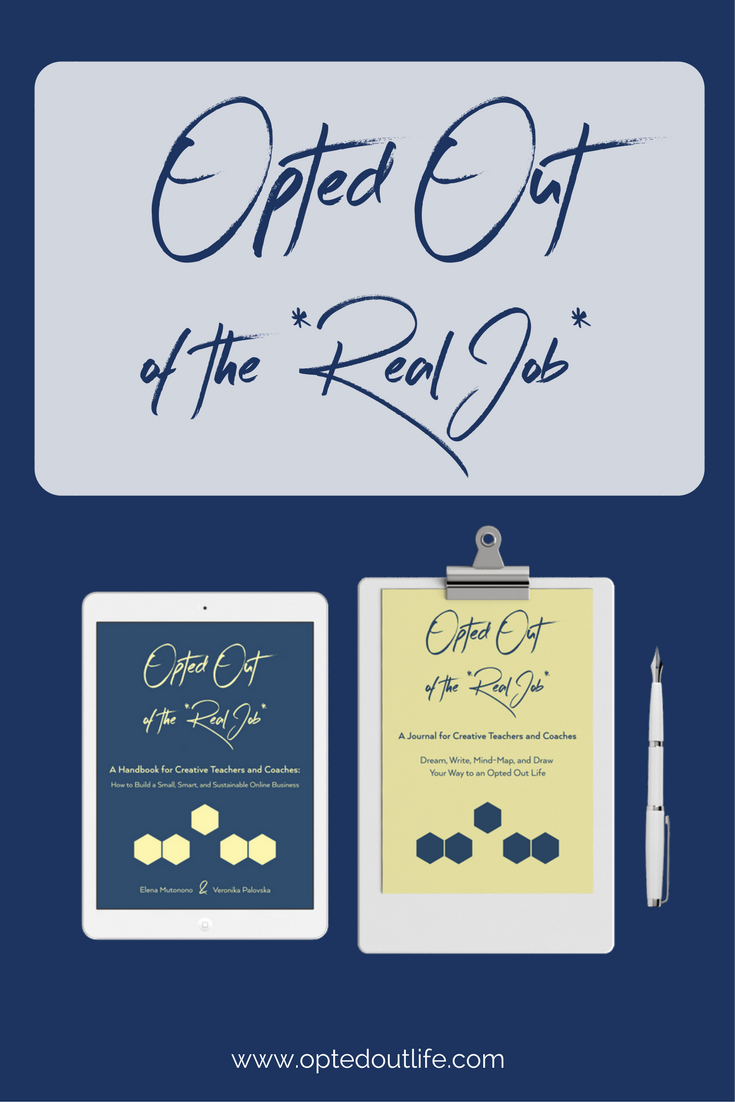“We’ve got so much to do and so little time that the idea of spending time doing anything unrelated to the to-do list actually creates stress. … We even convince ourselves that sleep is a terrible use of our time.” Brené Brown.
What comes to mind when you think of working less? If you’re like me the first associations are:
- Lazy
- Too good to be true
- Not for me
- Only for _____ people
- A scam
- Impossible
I must make a disclaimer that I used to think that way, but now I believe that working less is smarter. Here’s how:
- You’re more in control
- You’re more creative
- You’re more efficient
- You enjoy life more
- You bring your best to your clients and audience (nothing like an exhausted coach to demotivate you).
In this post I’ll introduce you to a few mindset shifts + 2 business system fixes that will help you feel lighter within a couple of months if you implement them.
Shift your mindset
“My greatest challenge has been to change the mindset of people. Mindsets play strange tricks on us. We see things the way our minds have instructed our eyes to see.” Muhammad Yunus.
Nothing changes until we begin thinking differently, which involves hanging out with people who challenge us, mentor us, and keep us accountable.
When you learn a foreign language they test your level for a reason: you can’t learn to speak fluently if you’re stuck with the people learning the alphabet.
But that’s what we do as online teachers. It’s safer to be surrounded by people who think like us. To grow, we need to challenge our own thinking in at least 3 ways.
-
Stop thinking you can’t do more in less time.
Scientific evidence shows that to be most efficient, all “brain-workers” should stick to working 4 hours a day. Yet, even if we can achieve that, we feel like we’re cheating the system and should “do more.” Here’s a quote from Jack Askew’s 2016 annual report (bold type added):
“In total, I’ve only been able to work, on average, 25-hour weeks. I’d prefer to be in the 40-50 range. Having said that, … my productivity rates have skyrocketed due to these time restrictions.”
Despite the evidence that working less increases our productivity, our mind tells us we should add more hours. Maybe we should tell our mind something else?
-
Stop overspending (your time).
“This isn’t a big deal. It only takes me 20 minutes a day.” Have you said that? The irony is it’s not “just 20 minutes.”
Because of the way our minds are wired, when you interrupt your “deep work” with the “quick 20-minute segments,” your mind loses focus, and completing important tasks may take you twice as long.
#nerdalert: “Deep work is the ability to focus without distraction on a cognitively demanding task. It’s a skill that allows you to quickly master complicated information and produce better results in less time.” Cal Newport
How many of the “just 20-minute” tasks do you have a day? If you don’t delegate them or block the time to complete them in one go, they’ll drain your productivity until you’re running on credit.
-
Stop working on fumes.
Motivation is the motor behind your productivity. How often do you feed it? Do you make the time to recharge your batteries, reflect, plan, and let your mind wander? Or are you running on fumes all the time?
Coaches that don’t take time to rejuvenate will be exhausted from their work because they’ll only be focusing on how to give, and never refilling the tank.
Consider setting up your motivation system.
The magic of working less isn't just about magic. It's your mindset + systems #onlinebizClick To Tweet
Fix these 2 Leaks.
As you’re working on your mindset, consider fixing these 2 time leaks (I’d say there’s a dozen more, but these are the big ones).
Social Media.
The amount of time we may spend there is insane, and until we decide how much we’re willing to invest into it, it will always run our lives.
Here’re some tips:
- Create a content feed that educates/entertains your audience (I use feedly.com). Store all content in one place.
- Set aside the time to plan your social media using a third-party scheduling tool like Buffer (for twitter or Facebook).
- Put a time cap on your scheduling and use re-buffering so you don’t always add new content but repeat the old. Another tip: create a board within feedly with all your favorite posts for quick sharing.
- Set aside the time weekly to comment/share/engage in groups that are important to you. Choose no more than 3.
- If possible delete social media apps from your phone so you only work on SM at specific times.
When you build a system that works well, take the time to look for an assistant who can perform this task.
In my recent survey in our Smart Teacher’s Library I discovered that setting up a social media system is a sore point for many. The reason that keeps them where they are is that social media has a low immediate return, so many people put it on the back burner.
The trouble begins when they feel like they want to connect with their “peeps,” but the peeps (aka “likes”) don’t know who you are anymore.
If you want to learn more about marketing on social media, check out this post.
Client Onboarding.
Nobody can be available to clients even for a minute around the clock, and responding to client inquiries manually take you away from important work. Part of client work can be automated. Isn’t that a relief?
There’re many tools to automate client experience. Some are free and will work as a quick fix. Others are more professional and long-term oriented. Here’re some tips based on my experience:
- Get an account with Dubsado* to consolidate the list of clients, contracts and set up workflow emails (this is an affiliate link to get 20% off your first payment). You can add clients, create contracts, send invoices and follow-up emails on autopilot!
- Open an account with Acuity Scheduling. Create an appointment type you want. Generate a link and include it in one of the Dubsado follow-up emails.
- Use chat/forum for existing clients and email/forms for new inquiries. We use slack, but there’re other platforms available.
*** The links marked with an asterisk are affiliate, here’s what it means. When you choose to purchase through the link, you choose to partner with me in sharing the message of smart online teaching around the world. Thank you!
Is working less your goal for next year? If so, here’re the questions you need to answer:
- Am I surrounded by people who believe that working less is more efficient?
- Do I believe that working fewer hours will help me be more passionate about my work?
- Am I taking the time to automate the parts of my business that have been a drag?
- How much time do I spend staying motivated?
Here’s a practical step for you:
The first step towards working less is reducing the number of 1:1 hours in a creative way. Check out my workshop to learn how you can do it (includes marketing tips and a simple sales email template!)
What are your tips on working less? What have you done this year to achieve that? What one step would you like to make next year?
The post was updated in April, 2021.




 Welcome to my nook where *Big Magic* happens. My name is Elena Mutonono, I help small business owners package their services as digital products and sell them online. I want you to work smarter, not harder. Increase your impact beyond your current face-to-face clients. Grow your business as you reach more people all over the world.
Welcome to my nook where *Big Magic* happens. My name is Elena Mutonono, I help small business owners package their services as digital products and sell them online. I want you to work smarter, not harder. Increase your impact beyond your current face-to-face clients. Grow your business as you reach more people all over the world.







